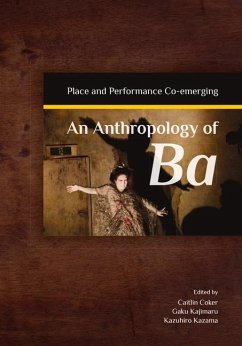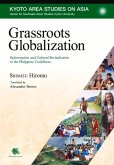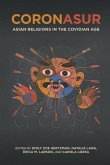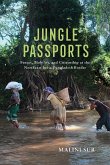Do places influence human behavior? In everyday thinking, spaces and places are generally seen as empty vessels where human activity occurs. Digging a bit deeper, we can distinguish spaces from places: places are spaces that have meanings attached--an empty room becomes a classroom or a bedroom depending on what people do in it. Focusing on the Japanese concept ba--usually translated as 'place'--these studies recognize that places imbued with social meaning influence human behavior. Ba takes into account the social context, the norms that dictate behavior, the mood of a place, and the individual's feelings about it. Conceptualized as ba, places limit and direct what we can do, and in the process, shape who we are. Drawing from a wide array of ethnographic studies, this collection illustrates various ways in which place and human agency co-emerge.
Hinweis: Dieser Artikel kann nur an eine deutsche Lieferadresse ausgeliefert werden.
Hinweis: Dieser Artikel kann nur an eine deutsche Lieferadresse ausgeliefert werden.








